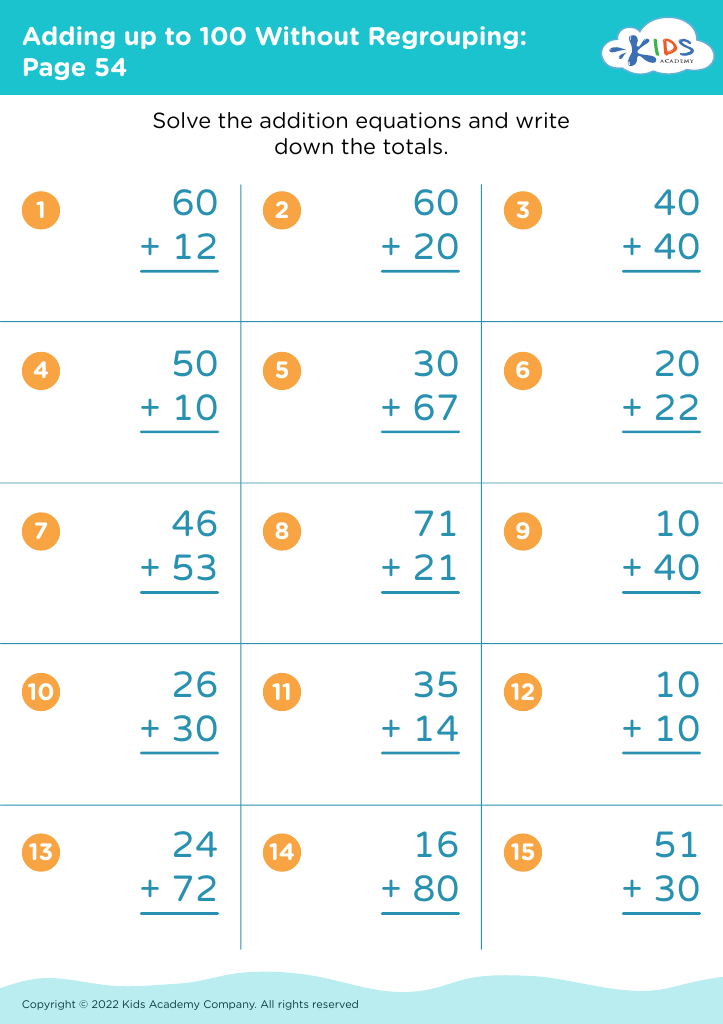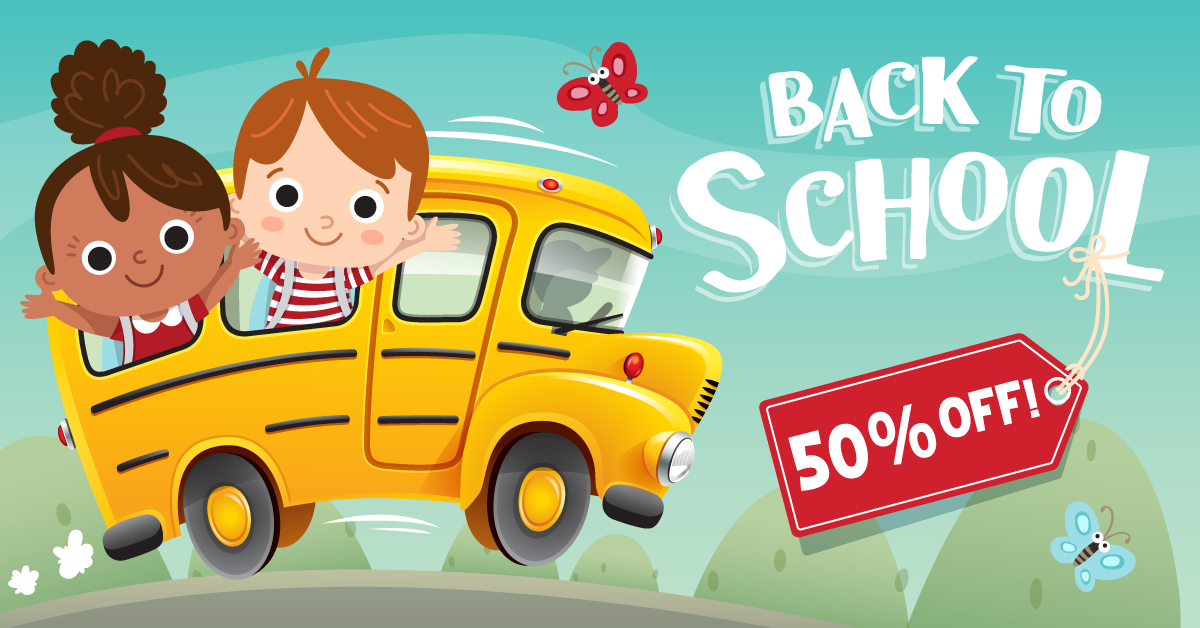Fraction conversion Math Worksheets for Ages 3-8
3 filtered results
-
From - To
Discover our engaging Fraction Conversion Math Worksheets, specifically designed for children ages 3-8! These interactive worksheets provide young learners with the foundational skills needed to understand fractions and their conversions. With vibrant illustrations and age-appropriate exercises, kids will enjoy practicing how to identify, compare, and convert fractions in a fun way. Our resources support early math skills, promoting both confidence and competence in this essential topic. Perfect for classroom activities or homework, our worksheets cater to different learning styles, ensuring every child can grasp the concept of fractions. Start your child's mathematical journey today with our exciting fraction worksheets!
Understanding fractions is a crucial building block in early math education for children aged 3-8, and parents and teachers should prioritize this learning for several reasons. First, introducing fraction concepts at a young age helps children develop number sense, as they learn to visualize parts of a whole. This concrete understanding is essential when they encounter more complex mathematical concepts later on.
Secondly, fraction skills lay the foundation for real-life applications, such as measuring ingredients in cooking, recognizing portions, and understanding time divisions (like halves and quarters). These skills support critical thinking and problem-solving as children navigate everyday tasks.
Furthermore, early exposure to fractions enhances cognitive development. It encourages children to categorize and make comparisons, fostering analytical skills that can benefit them in various subjects beyond math.
Finally, a solid grasp of fractions helps combat "math anxiety," making children more confident in their abilities. This confidence translates to a more positive attitude toward mathematics and learning in general. By emphasizing fraction conversion and understanding, parents and teachers empower children with essential skills that will support their educational journey and instill a lifelong love for learning. Engaging children in fun, hands-on fraction activities promotes a deeper understanding and enjoyment of mathematics.












.jpg)











